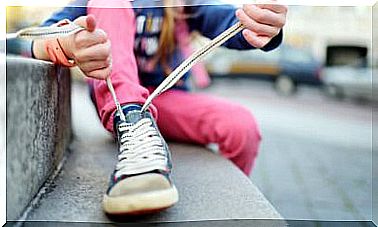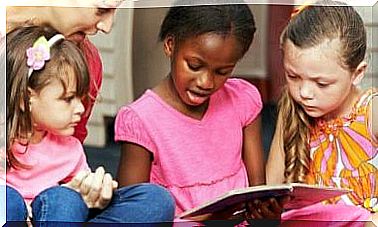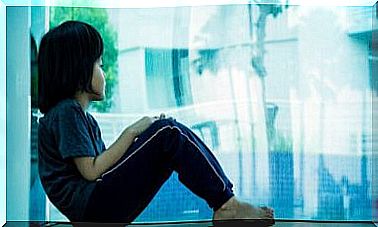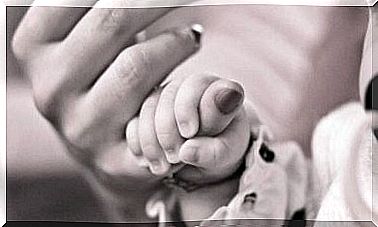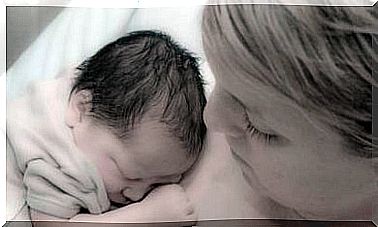Critical Pedagogy: What Does It Consist Of?
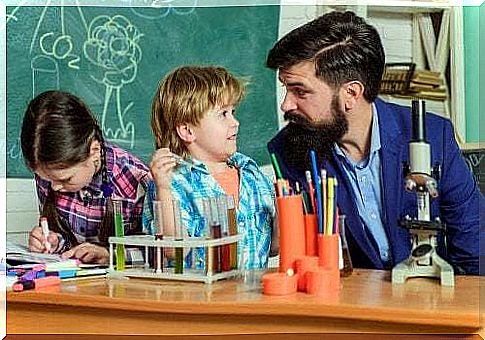
To know what critical pedagogy is, we must first consider that it is a branch of pedagogy as a discipline and a science.
Pedagogy is the discipline that deals with studying, analyzing and perfecting the educational phenomenon and teaching in all its complexity. It is an applied science of a psychosocial nature that aims to organize the education and training of people.
Over time, pedagogy has diversified into different branches of study focused on specific aspects and from which different types of pedagogy have been developed. In this article, we will talk about critical pedagogy.
Critical pedagogy: what does it consist of?
It is an alternative teaching proposal that aims to help students question and challenge the dominance, beliefs and practices that generate it.
When we speak of domination, we are referring to a situation in which a person or group, through persuasion, pressure, threat or even force, imposes their ideas, their rules and points of view, their beliefs or truths. .
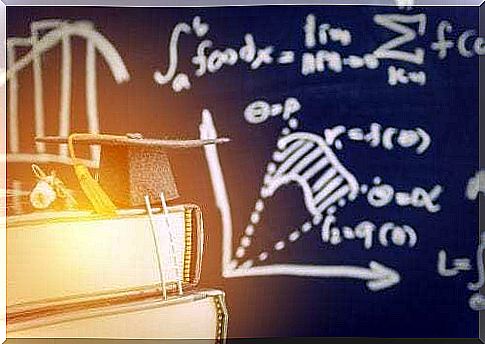
Critical pedagogy is based on the critical social sciences, in particular on the ideas of Antonio Gamsci, a Marxist philosopher, politician and thinker. These principles were later taken up by the Latin American protest movement.
Paulo Freire (1921-1997) was one of the main representatives and promoters of critical pedagogy and one of the most influential theorists of the twentieth century. His ideas are developed in works such as Education as a practice of freedom or The pedagogy of the oppressed . These are works considered fundamental not only in the educational and pedagogical fields, but also in other social and political sectors.
In this sense, Freire develops a powerful pedagogical and political action in his native country, Brazil. The intention was to promote a political literacy process to combat the high illiteracy of his country.
Fundamental principles and objectives of critical pedagogy
The main objective of critical pedagogy is to build a more just and more humane society. For this reason, critical pedagogy seeks to maintain a constant relationship between theory and practice (praxis) to achieve and develop critical thinking in students. A thought that allows them to question the figures and power relations that operate in societies.
That is to say, a critical pedagogy is a revolutionary pedagogy, immersed in a dialectical method of teaching. This begins with the (practical) experience of the students and takes advantage of it to help them have a more critical, structural and scientific understanding of their daily life in relation to the lives of others.
Furthermore, it aims to have a critical understanding of the institutional, cultural and social mediations that structure such relationships (theory).
Paulo Freire defended the ability of students to think critically about their educational situation, recognizing in it and in their experiences the connections with the wider social context. This knowledge fosters a liberating type of education that can act against oppression and the powers that operate in society.
In his book The Pedagogy of the Oppressed , Freire harshly criticizes traditional education and pedagogies, arguing that they see students as recipients in which knowledge will be deposited. The author does not accept the idea of the educator as the sole possessor of knowledge to be passed on to students in a passive way.
The role of educators is not to offer students dogmatic or pre-established answers to social, economic and political problems. On the contrary, it is to encourage and stimulate students to question and make problematic existing social injustices.
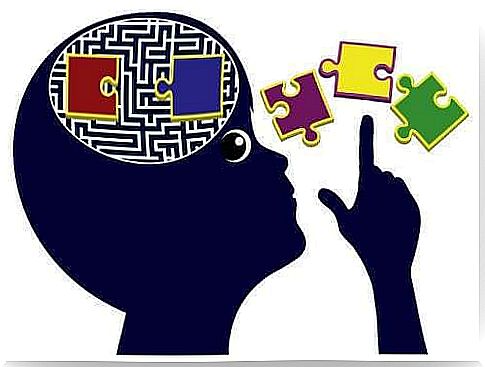
The legacy of this pedagogy today
We have talked about the fundamental principles of critical pedagogy, but its legacy is also worth highlighting. Today, the main ideas on which critical pedagogy is based continue to be taken up by theorists and thinkers from countless cultural, academic, social and scientific fields.
The main legacy of this discipline for theoretical developments and social practices is the fact of conceiving the educational process as a cultural action. This process is essential for promoting social change and creating a society of free men and women.
It is essential that educators teach students to think about how they are developing their learning process. Students must be able to construct knowledge as a political act, becoming active, critical and thinking social beings of the society in which they live.


